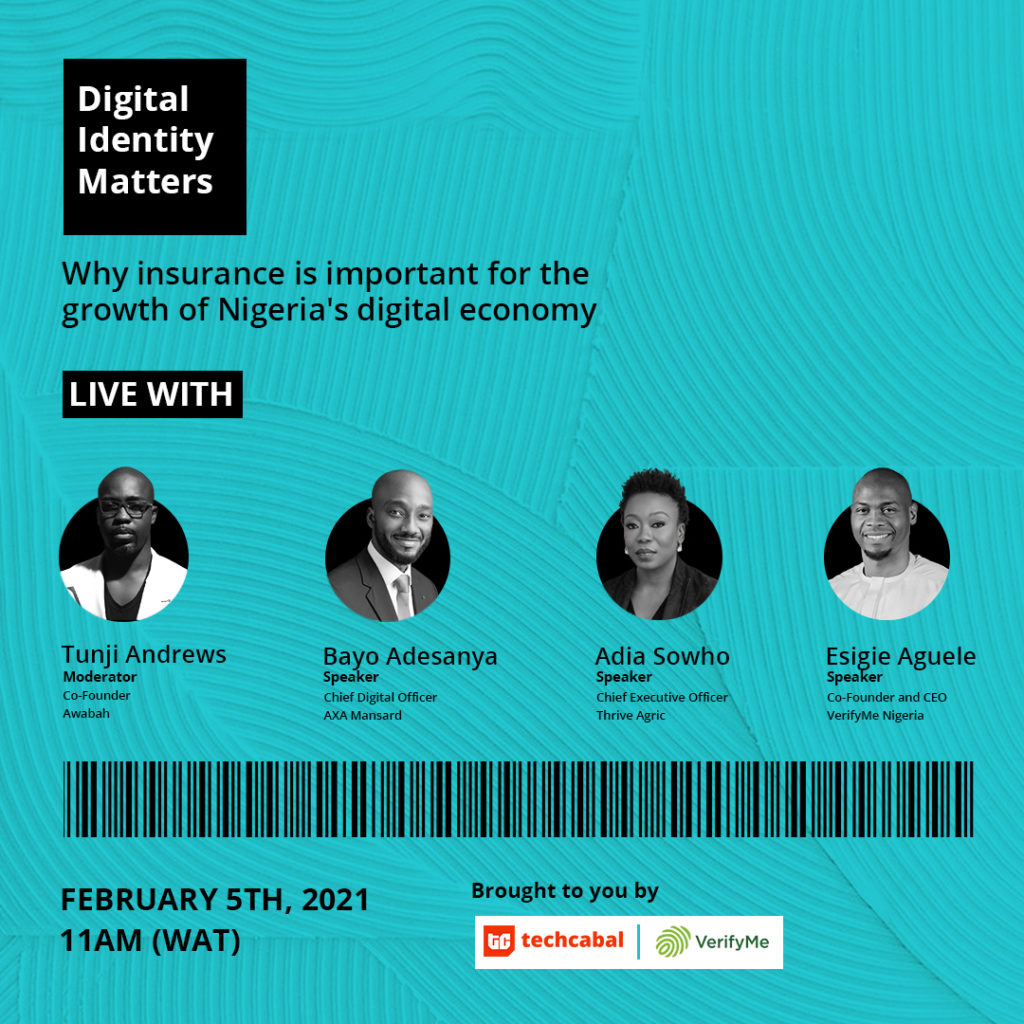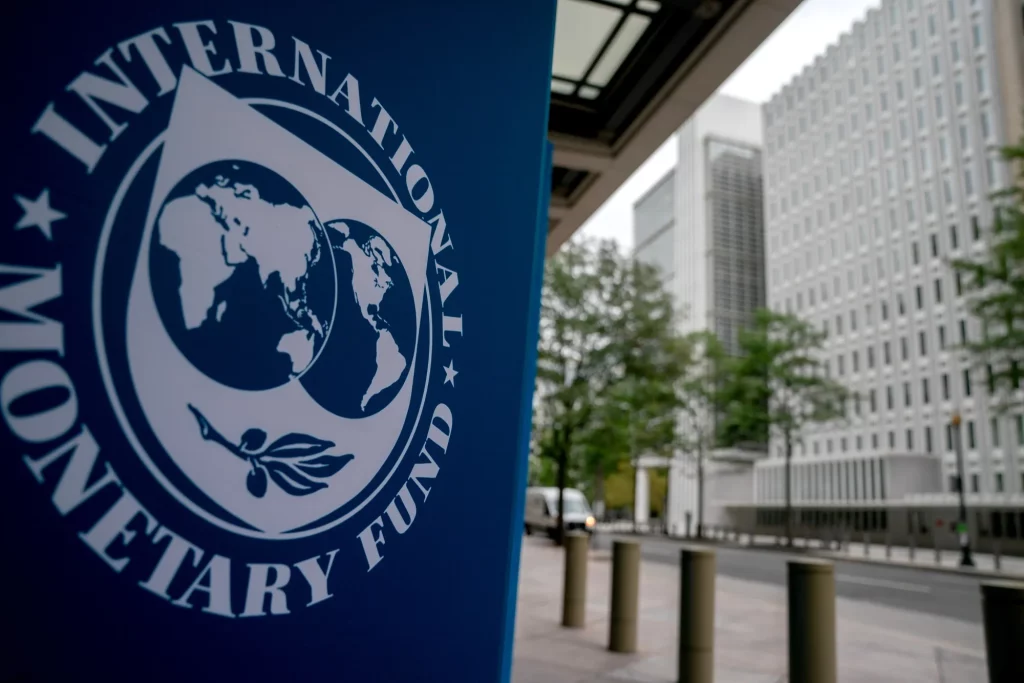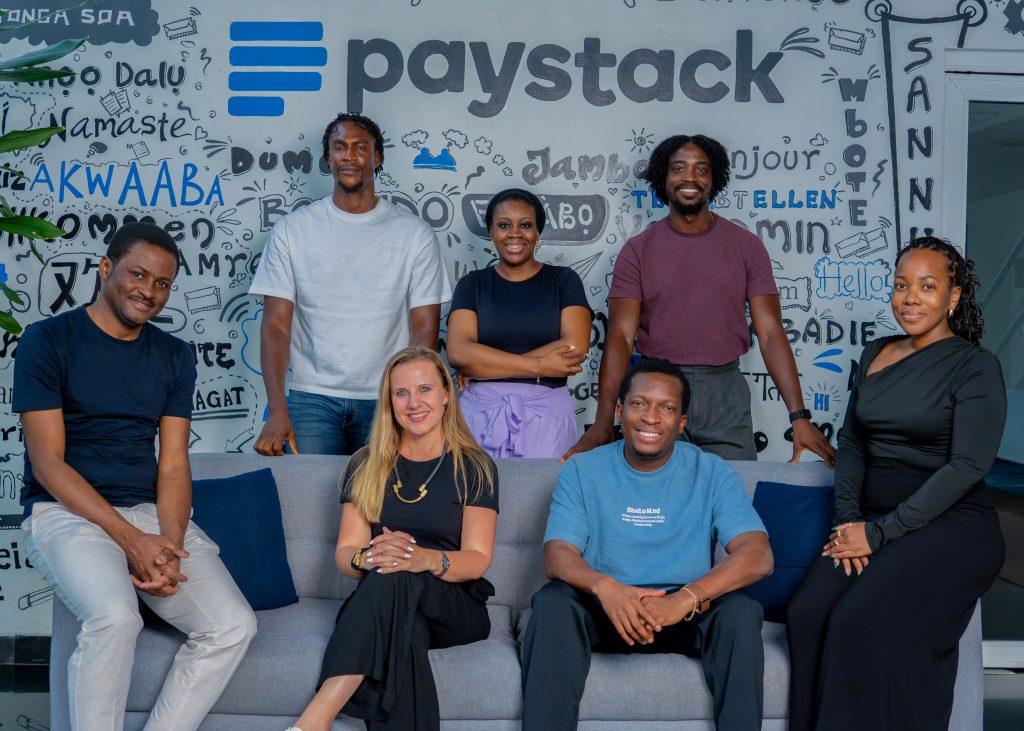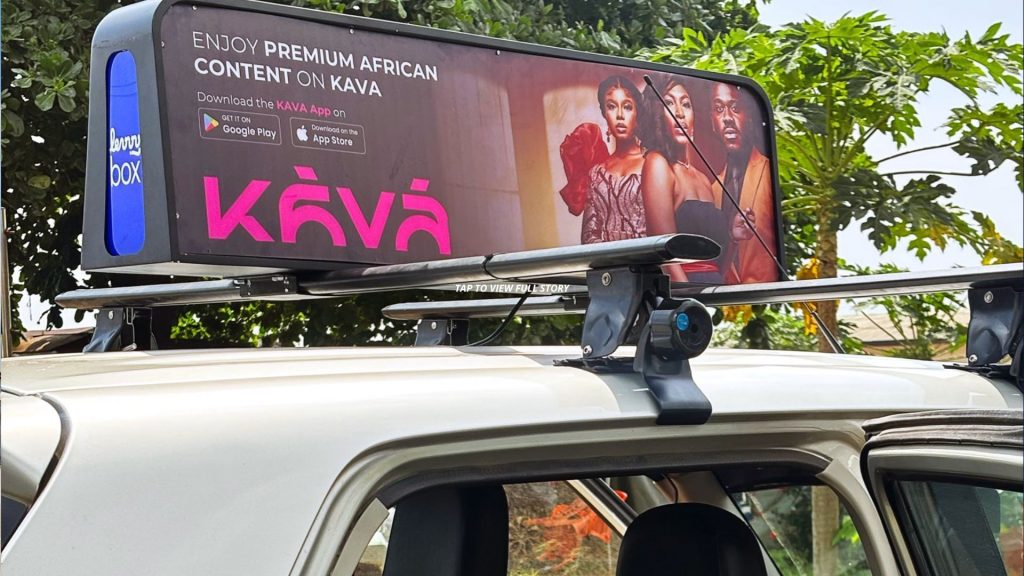Digital platforms have displaced traditional gatekeepers of social mobility. Anyone with a smartphone and working internet connection these days can access multiple opportunities in ways that seemed previously herculean.
Businesses, households, and governments are better able to create value, initiate transactions, and distribute their presence globally. One key aspect of a thriving digital economy is people’s ability to leverage technology to pursue their goals and dreams without attracting any harm to themselves.
But this aspect is only one side of the coin. Despite its strengths, a digitally connected society will always face threats to its stability.
No matter how sophisticated, every human system remains vulnerable to malicious attacks or glitches in the matrix. As a result, decision-makers must stay vigilant and continually find ways to secure their networks against irreversible loss.
This is especially important in Nigeria’s rapidly growing tech industry. In various sectors – financial services, healthcare, education – technology, play a more significant role in organizing value chains and supporting service delivery to the last mile.
Nobody can imagine banking in Nigeria today without needing payment processors, switches, card providers, cloud computing systems, and digital wallets.
But this dependency creates a curiosity: how insured are these systems against an unexpected breakdown in regular programming?
With the larger transaction volumes being processed and terabytes of data stored, companies must consider insurance as a business pillar. When unforeseen stress occurs across the board, having access to reliable insurance could be the difference between staying open for business and dying an early death.
Understood this way, insurance can no longer be seen as a nice-to-have. In a fast-growing market, insured companies can iterate with more speed and take more experimental growth paths.
Fintech in Nigeria today stretches into different services, each with its own unique insurance requirements and benefits. For payments providers, they have to put safeguards around high-volume and high-value transactions. For savings and wealth management apps, consumer deposits must be insured like precious metals.
Admittedly, some infrastructure is necessary to integrate insurance into Nigerian tech. At consumer and enterprise levels, the insurance industry is hampered by Nigeria’s low-trust business environment. To solve this problem, we need to see more institutions integrating digital identity and verification systems into their service offerings.
Some efforts are going into improving Nigeria’s digital verification processes. VerifyMe, a startup licensed by the National Identity Management Commission (NIMC), offers its verification services through an API and a Managed Verification Platform.
Insurance has been neglected for too long, but it’s not late to turn the corner. If anything, the rising tech tide presents a perfect opportunity. Like the hurdle of re-engineering a credit culture, mainstreaming insurance will be initially challenging. But after lift-off, we imagine the digital economy soaring to the sky and beyond.

On February 5, 2021 join TechCabal for an engaging live session on the role of insurance in shaping and accelerating growth in the digital economy. We’ll have top industry leaders share their expertise in simple, relatable conversations. Register here for your seat in the room.











